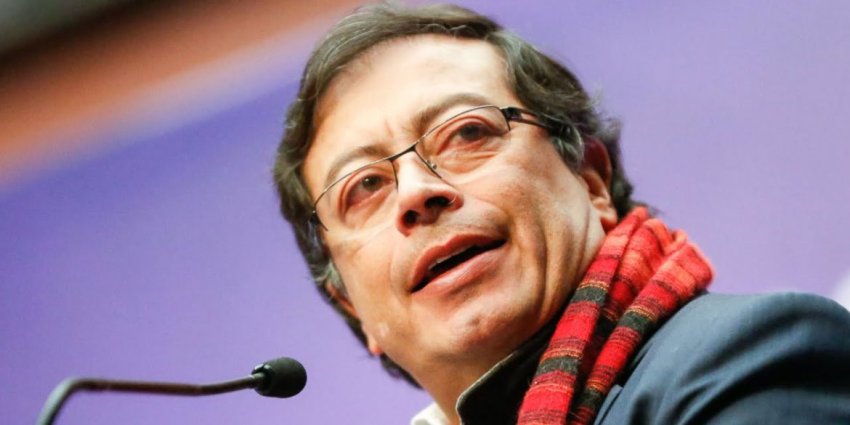
The results of Colombia’s May 27 presidential election confirmed that a run-off election between Gustavo Petro and Ivan Duque will be required to decide the country’s newest leader. The election is set for June 17.
Ivan Duque, former president Alvaro Uribe's protégée and candidate for the right-wing Grand Alliance for Colombia, ended with 39.14%. Centre-left ex-mayor of Bogota Gustavo Petro, running for the List of Decency coalition, won 25.09%.
Speaking to crowds in Bogota after the results were announced, Petro assured supporters they can change Colombia's history. "You can be sure that we are going to win, we can change the history of Colombia. Colombians have given a democratic example to the world."
He told supporters that his progressive administration would protect Colombia's plurality and the human rights of all. More than 100 social rights activists were assassinated in 2017 alone. "The human rights of all will be protects," Petro said.
Sergio Fajardo, representing the left-leaning Colombia Coalition, came in third with 23.73%. In a post-election speech, Fajardo thanked his supporters and told the crowd: "We don't want more violence. We cannot return or allow violence to get control of the Colombian people."
German Vargas Lleras, who had the support of current president Manuel Santos, came in fourth place with 7.28% of the people's confidence.
A surprisingly high 53.37% of the population turned out in a nation with non-compulsory voting.
The electoral process registered 1006 complaints and denunciations of electoral fraud, according to URIEL, Colombia's electoral transparency agency. The complaints included claims of voter intimidation and outright vote buying, according to state officials.
These are the first presidential elections since Santos signed the bilateral peace accord between the government and the Revolutionary Armed Forces of Colombia (FARC) in 2016. The disarmed FARC has formed its own political party under the same acronym.
[Abridged from TeleSUR English.]